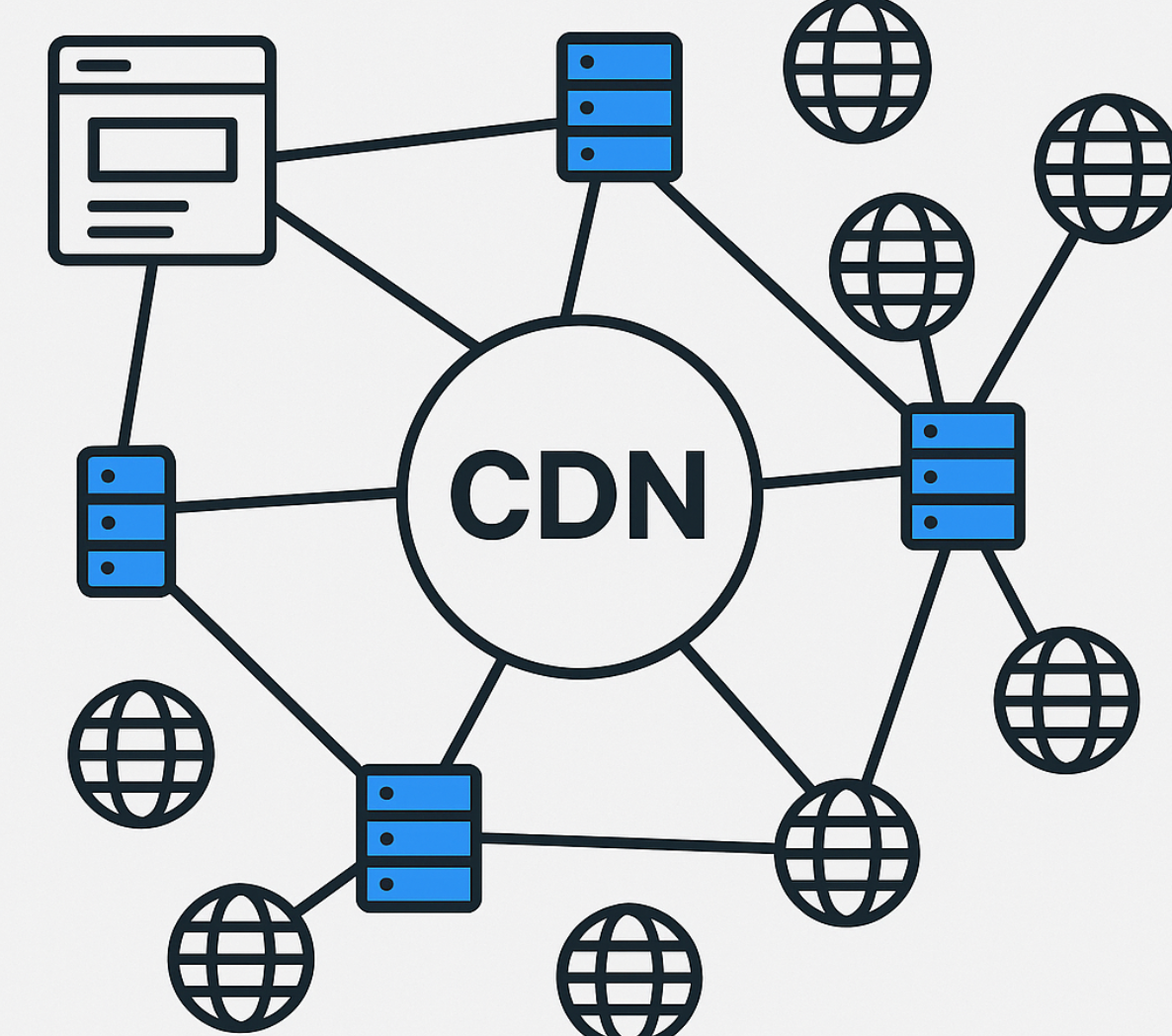Human-generated data may be exhausted by the end of the decade, limiting AI’s scalability
For years, the dream of achieving Artificial General Intelligence (AGI)—a machine capable of rivaling the human mind—has fueled tech giants and captivated public imagination. But now, a new wave of research is challenging that narrative, suggesting that AI may have hit a wall.
According to a recent study involving 475 of the world’s leading AI researchers, 76% believe that scaling up current large language models (LLMs) will not lead to AGI. Despite unprecedented investment, raw computational power and ever-expanding datasets are no longer enough.
This revelation shakes the foundation of a strategy long embraced by the tech industry: the belief that more data, more compute, and more money would inevitably unlock AGI.
The Limits of Scaling
The findings, published by the Association for the Advancement of Artificial Intelligence (AAAI), point to stagnation in AI progress—especially after the release of GPT-4, which many experts cite as a turning point.
“After GPT-4, it became clear that further scaling yields only minimal improvements while costs skyrocket exponentially,” says Professor Stuart J. Russell of the University of California, Berkeley, a renowned computer scientist in the field.
Russell suggests that while companies continue to pour billions into model development, few are willing to admit that the current approach may be fundamentally flawed publicly.

A Crisis of Architecture
Experts identify the core problem in the architecture of today’s AI systems. Despite producing impressive results, LLMs face fundamental constraints: they struggle to understand complex abstract concepts and require massive resources to function.
Worse, researchers warn that the supply of high-quality, human-generated data—the lifeblood of these models—could be exhausted by the end of the decade. Without that input, continued progress becomes increasingly difficult.
New Frontiers: Beyond Bigger Models
Rather than pushing further along the same path, researchers are now pointing toward new directions. Promising alternatives include hybrid approaches to machine learning and the use of probabilistic programming—techniques that emphasize adaptability and reasoning over brute-force computation.
“We are standing at the edge of a new era in AI development,” noted one researcher involved in the study. “Going forward, the quality of ideas will matter more than the quantity of resources.”
Bottom Line:
The race toward AGI may not be won by those with the deepest pockets, but by those with the most innovative minds. The era of “bigger is better” in AI could soon give way to smarter, leaner, and more human-like systems.








